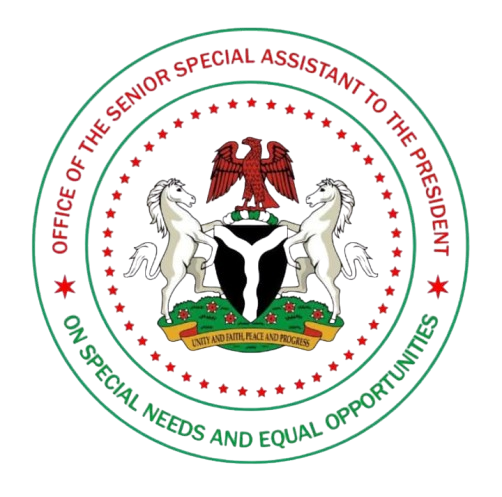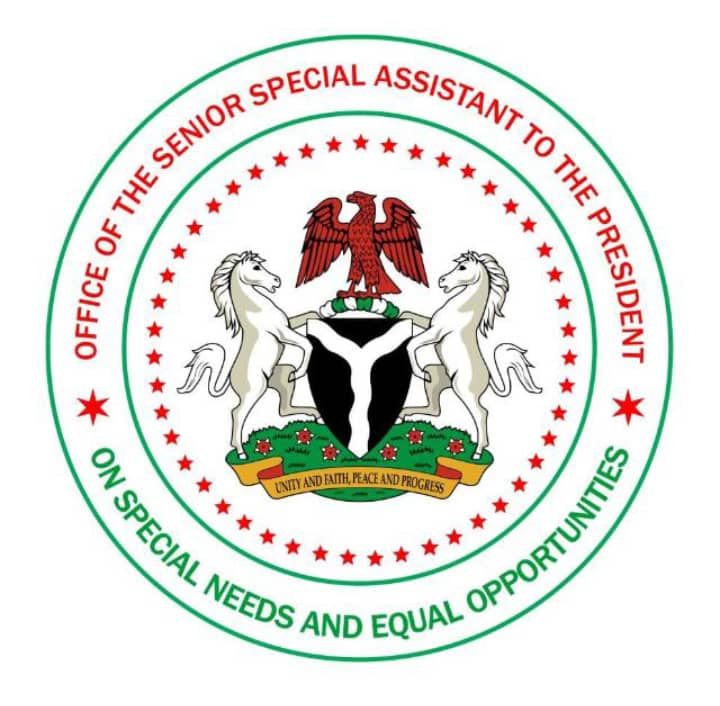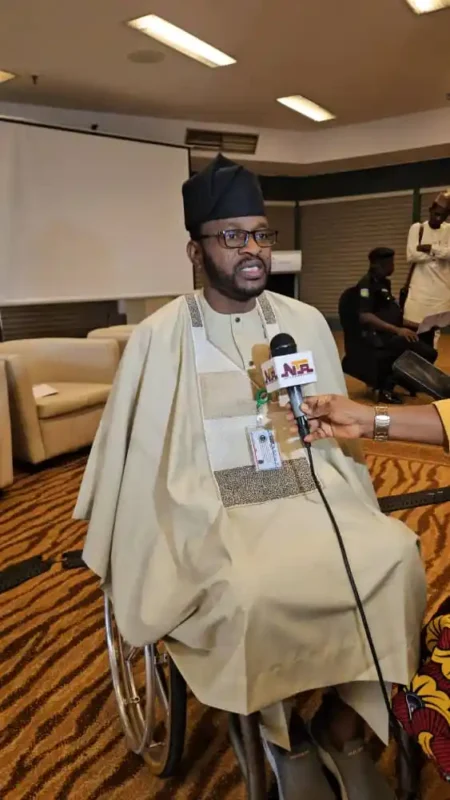…. Presents 5 key recommendations to Presidential Committee on Fiscal Policy and Tax Reform
By Lanre Oloyede
The Senior Special Assistant to the President on Special Needs and Equal Opportunities, Hon. Mohammed Abba Isa, has called for an inclusive tax system that empowers, rather than marginalizes, the over 35 million Nigerians with disabilities.
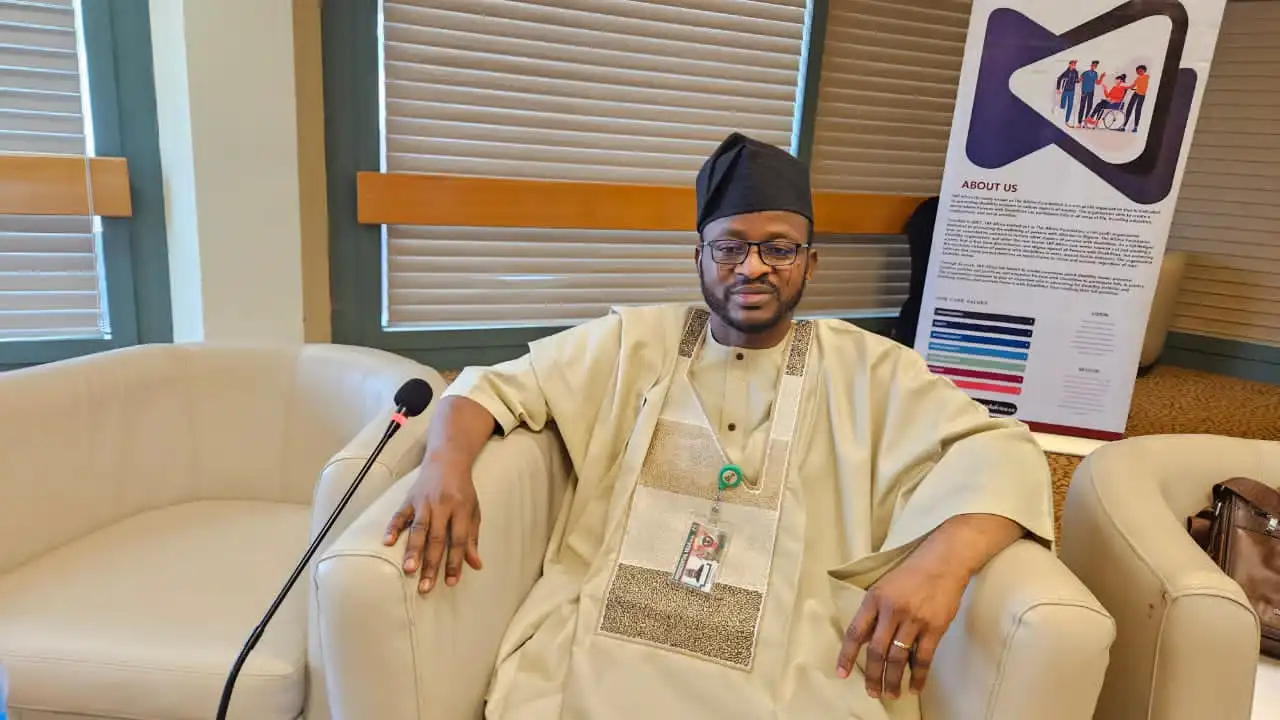
Speaking at a town hall meeting between stakeholders in the disability community and the Presidential Committee on Fiscal Policy and Tax Reform in Abuja, Hon. Abba Isa emphasized that a truly progressive society must ensure that its tax policies reflect the principles of equity, inclusion, and economic justice.
Key Dignitaries at the Meeting
The town hall meeting brought together key stakeholders, including:
- Hon. Mohammed Abba Isa – SSA to the President on Special Needs and Equal Opportunities
- Prof. Nentawe Goshwe Yilwatda – Minister of Humanitarian Affairs and Poverty Reduction
- Hon. (Dr.) Bashir Dawodu – Chairman, House Committee on Disability Affairs
- Dr. Taiwo Oyedele – Chairman, Presidential Committee on Fiscal Policy and Tax Reform
- Dr. Jake Epelle – Founder/CEO, TAF Africa
- Dr. Chike Okogwu – Founder, CARE Foundation
- Femi Falana (SAN) – Prominent Human Rights Lawyer
- Lois Auta-Udonkanta – Founder, Network of Women with Disabilities
Tax Reforms Must Address Disability-Related Financial Burdens
In his presentation, Hon. Abba Isa stressed that tax policies should not only be about revenue generation but must also promote social justice by recognizing the financial burdens of marginalized groups, particularly Persons With Disabilities (PWDs).
He pointed out that PWDs often face higher living costs due to expenses related to assistive technologies, medical care, and personal support services. Many also struggle with employment discrimination and limited access to business financing, making it imperative for tax reforms to provide targeted support.
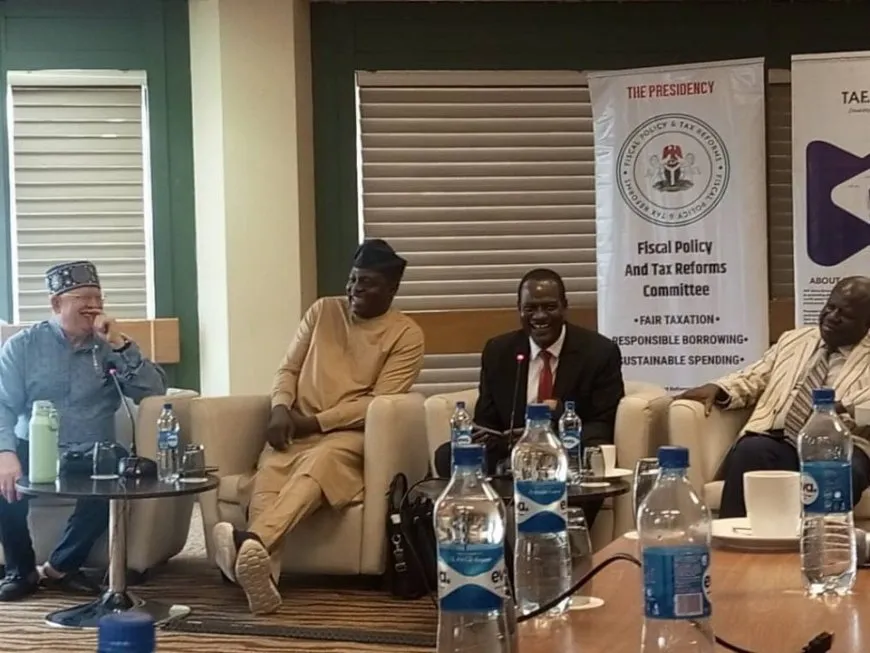
Five Key Recommendations to the Committee
To create a tax system that fosters inclusion and economic empowerment, Hon. Abba Isa presented the following recommendations:
1. Tax Reliefs for PWDs and Their Caregivers:
Introduce personal tax deductions for disability-related expenses, including medical treatment, assistive devices, and rehabilitation.
Provide tax credits to families caring for PWDs to ease financial burdens.
2. Incentives for Businesses to Employ PWDs:
Implement corporate tax rebates for companies meeting a minimum employment quota for PWDs.
Provide tax deductions for businesses investing in workplace accessibility and disability inclusion programs.
3. VAT Exemptions on Disability-Related Products and Services:
Exempt assistive devices like wheelchairs, hearing aids, and braille materials from VAT.
Reduce import duties on essential disability-related equipment to enhance affordability.
4. Support for PWD Entrepreneurs:
Establish special tax incentives for businesses owned by PWDs.
Create a disability-focused grant scheme that offers tax benefits to PWD-led enterprises.
5. PWD Representation on the Tax Reform Committee:
Adopt the principle of “Nothing About Us Without Us” by including at least one PWD representative in the Presidential Committee on Fiscal Policy and Tax Reform to ensure disability perspectives are fully integrated into fiscal planning.
Stakeholders Demand More Inclusive Tax Policies
Several stakeholders supported Hon. Abba Isa’s call for an equitable tax system, stressing the urgent need for reforms:
Prof. Nentawe Yilwatda, Minister of Humanitarian Affairs and Poverty Reduction, emphasized the importance of tax reliefs on disability-related expenses, incentives for inclusive employment, and VAT exemptions on assistive devices to reduce the financial burden on PWDs. He also proposed allocating a portion of tax revenue to a National Disability Fund for long-term support programs.
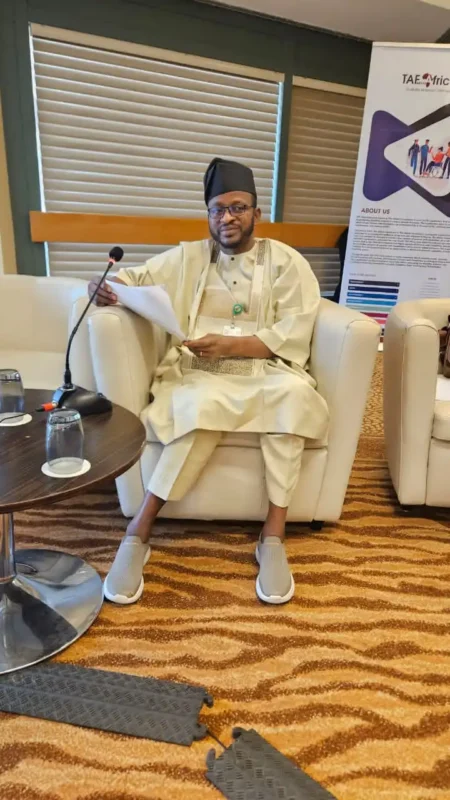
Femi Falana (SAN) advocated for a progressive tax system where the super-rich contribute more to fund social welfare, rather than burdening the poor. He criticized the exemption of wealthy corporations under free trade zones while imposing multiple taxes on vulnerable communities, including PWDs.
Dr. Chike Okogwu, Founder of CARE Foundation, highlighted that Article 167 of the National Commission for Persons With Disabilities (NCPWD) regulations requires companies bidding for government contracts to have a certificate of disability compliance. However, he noted that many companies fail to meet this requirement. He also called for the allocation of 0.05% of the national budget for disability programs.
Dr. Taiwo Oyedele, Chairman of the Presidential Committee on Fiscal Policy and Tax Reform, assured participants that tax reforms would prioritize inclusivity and economic participation. He recommended exemptions for low-income earners, which include many PWDs, as part of broader efforts to create a fairer tax system.
Dr. Jake Epelle, CEO of TAF Africa, commended Dr. Oyedele for engaging the disability community and emphasized the importance of ensuring PWDs have a seat at the table in discussions on tax reforms.
Hon. Bashir Dawodu, Chairman of the House Committee on Disability Affairs, called for the establishment of a Vulnerable Trust Fund to support PWDs through targeted social protection measures.
PWDs Demand Total Tax Exemption
Several speakers at the meeting demanded a complete tax waiver for PWDs, arguing that:
Many developed and even some African countries exempt PWDs from taxation as part of social protection measures.
Nigeria should adopt similar policies to compensate for the absence of disability allowances and to address challenges such as unemployment, discrimination, and inaccessibility of healthcare facilities.
Conclusion
The town hall meeting underscored the urgent need for tax reforms that recognize the economic realities of PWDs. As Nigeria seeks to build an inclusive economy, policymakers must ensure that tax policies do not further marginalize the most vulnerable but instead empower them to contribute meaningfully to national development.
